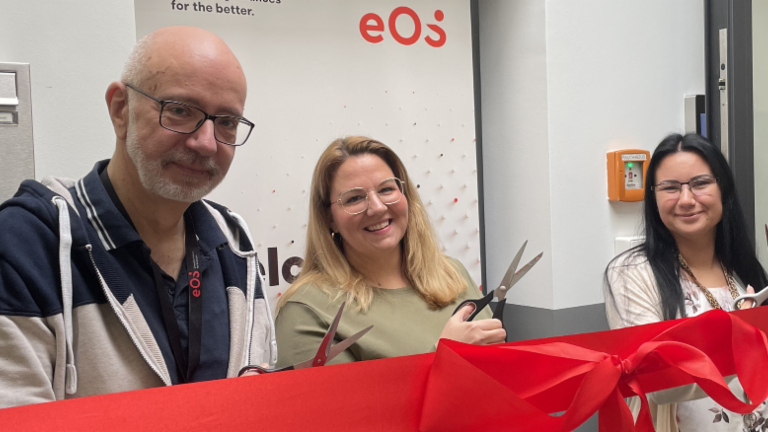Hygge – Danish happiness and good payment practices
For many years now, Danes have been among the happiest people in the world. They enjoy the moment and get over negative events quickly. And according to the latest EOS survey, they even pay their bills more punctually than other Europeans.

The basis for Danish happiness is the deep-rooted philosophy of life called hygge. It’s a happiness-bringing life principle that for many years has been putting the country’s residents in the top places in the World Happiness Report produced by the United Nations. There's no ready translation of hygge in other languages. For example, hygge-like can describe a cozy evening by the fireside, a meal with friends in the garden, freshly baked cookies and above all lots of candles. Hygge, as a permanent feature of Danish culture, can be incorporated into a lot of contexts, but does it also apply to money?
It all adds up: the hygge mood and good payment practices
Money alone can't bring happiness, but bills that are paid are simply part of being happy. After all, people feel bad about unpaid bills. This could explain why in no other European country do bills get paid on time to the extent that they do in Denmark. Well-being is a major part of hygge, so that would probably rule out not paying for services rendered or paying too late. According to the results of the EOS survey 'European Payment Practices' 2018, Danes settle 85 percent of all bills within the payment term. At 82 percent, Germans rank second along with Switzerland and Spain. Slovakia, where just 73 percent of all bills are paid on time, is at the bottom of the European tables.
The Danes are an example of what seems to be at least a slight trend across Europe: Since 2014, the five-year trend of the EOS survey is reflecting overall a positive improvement in payment practices in Europe, with 79 percent of all invoices now being settled on time. This is up from just 75 percent in 2014.
The Danes also top the rankings in respect of low numbers of payment defaults. At just one percent, it is rare for payments not to be received. Denmark is followed by Germany, Switzerland, Spain and Slovenia, each with two percent. At five percent, Croatia has to write off the most receivables.
Incidentally, good payment practices are not just laudable from a company's perspective; they also make economic sense: According to data from the German-Danish Chamber of Commerce, fair payment conduct reduces the transaction costs of the Danish economy and has a positive effect on the entire population. Hygge-like!
Explore more from EOS



